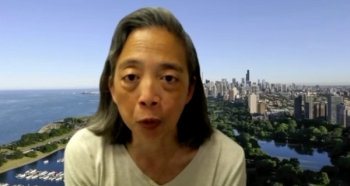
In a video for Contemporary Pediatrics®, Tina Tan, MD, FAAP, FIDSA, FPIDS, discusses an expansion of vaccine access likely to come with the FDA approval of the PRIORIX vaccine.

In a video for Contemporary Pediatrics®, Tina Tan, MD, FAAP, FIDSA, FPIDS, discusses an expansion of vaccine access likely to come with the FDA approval of the PRIORIX vaccine.
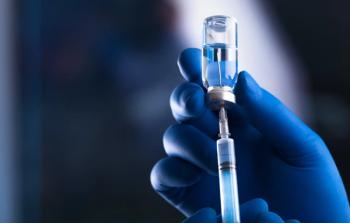
GSK plc today announced FDA approval of the PRIORIX vaccine for prevention of measles, mumps, and rubella.

Pfizer/BioNTech announce positive results for a third dose of their COVID-19 vaccine for children
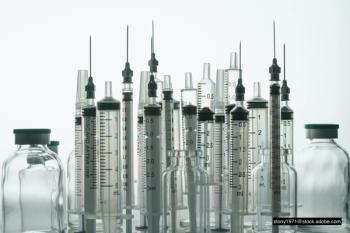
What we can look forward to in preventing infectious diseases.

Rochelle Walensky, MD endorsed the recommendation from the members of the CDC's Advisory Committee on Immunization Practices to administer Pfizer/BioNTech's COVID-19 vaccine for children aged 5-11 years.
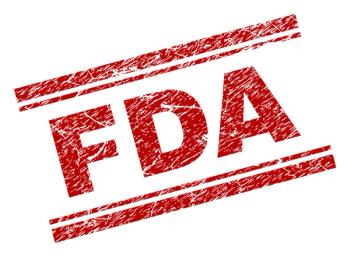
The US Food and Drug Administration (FDA) has amended the emergency use authorization of the Pfizer/BioNTech vaccine to include children aged 5 to 11 years.
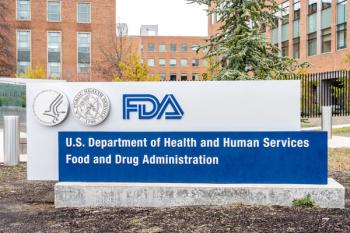
The US Food and Drug Administration (FDA) committee voted on whether the emergency use authorization should be extended to children aged 5 to 11 years.
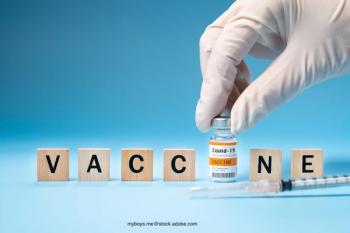
The US Food and Drug Administration (FDA) is meeting to discuss amending the emergency use authorization of the Pfizer/BioNTech vaccine for children aged 5 to 11 years.

Seqirus’s FLUCELVAX® cell-based quadrivalent influenza vaccine has been approved to expand the age indication to children as young as 6 months of age by the US Food and Drug Administration.
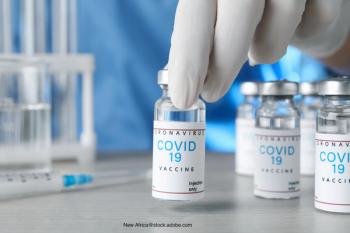
Initial results from the trial indicate it was well-tolerated and promoted a good immune response.
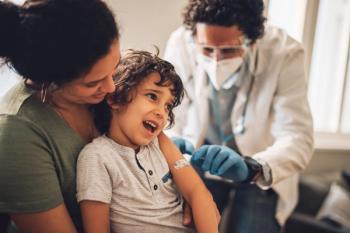
Anthony S. Fauci, MD, Director of the National Institute of Allergy and Infectious Disease, reveals when he believes a COVID-19 vaccine for children aged less than 12 years will be available.
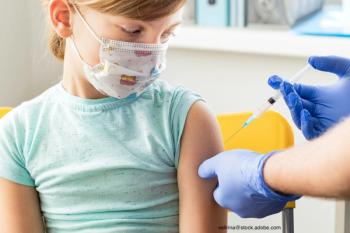
The American Academy of Pediatrics (AAP) has issued its recommendations for the upcoming influenza season, including guidance on administering the vaccine to patients with COVID-19.
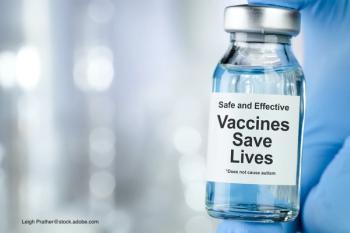
Although the vaccine rollout has snagged, the effort has already saved thousands.
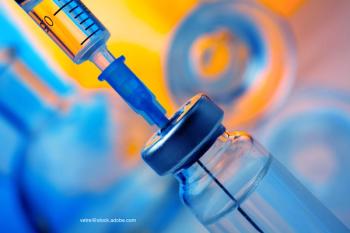
Merck has released promising topline results from their study of VAXNEUVANCE™, a 15-valent pneumococcal conjugate vaccine, in infants.
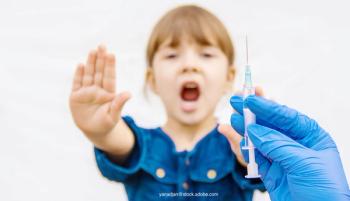
Faced with the fourth highest vaccine exemption rate, Michigan began requiring an education session before a parent could get a nonmedical exemption. Did it lead to an improvement?

Today’s vaccine approval opens up the ability to administer it off-label to children aged younger than 11 years. A statement from the American Academy of Pediatrics (AAP) discourages doing so.

For children who have either experienced a delay in pertussis vaccination or who haven’t received the recommended number of doses, what is their risk of pertussis? A new study provides answers.
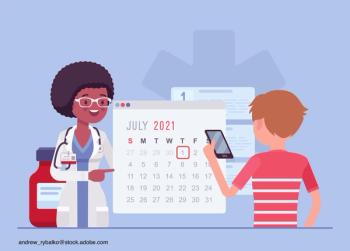
Patient portals can be a powerful communication tool for both clinician and family, but can they also be used to improve uptake of the annual influenza vaccine?
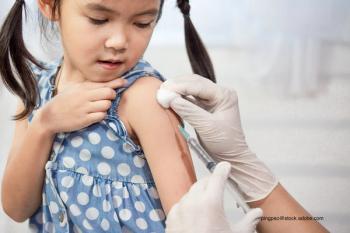
Hospitalized children are often at risk of influenza morbidity and mortality, which means that influenza vaccination before discharge can help mitigate those risks. A study discusses how a quality improvement program could make a difference.
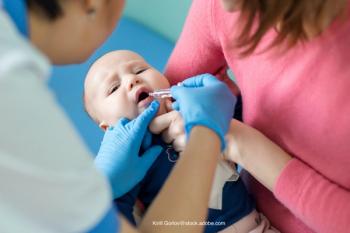
Rotavirus can lead to gastrointestinal concerns that can be hazardous to children when rehydration isn’t readily available, which means that a safe, effective vaccine could be life-saving. A meta-analysis examines the safety and efficacy of available immunizations.
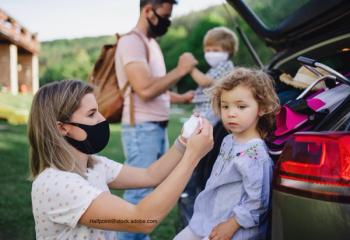
Parents and children are eager to get back to “normal” as the number of COVID-19 cases drops, so targeted education and individualized advice are important for families in an almost post–COVID-19 world. Pediatricians can provide guidance about what is and isn’t safe.
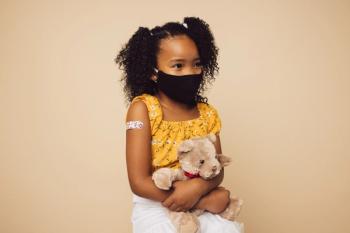

Contemporary Pediatrics speaks with Dr. Jeffrey Gerber about when we will see COVID-19 vaccines for children aged less than 12 years.

There are many reasons why a caregiver may refuse to have his or her child receive the human papillomavirus (HPV) vaccine, including safety concerns. A research letter examines whether those concerns have increased.
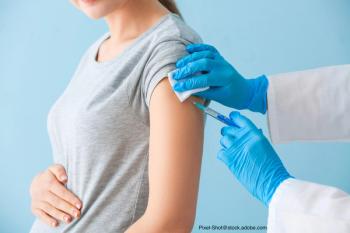
Many pregnant women are given the season influenza vaccination to provide protection for both mother and child. A study examines whether this vaccination is linked to adverse health outcomes in childhood.